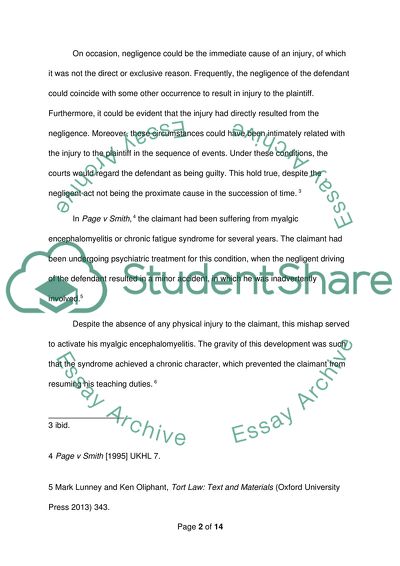Cite this document
(Obligations Assignment Example | Topics and Well Written Essays - 1750 words, n.d.)
Obligations Assignment Example | Topics and Well Written Essays - 1750 words. https://studentshare.org/law/1807133-obligations
Obligations Assignment Example | Topics and Well Written Essays - 1750 words. https://studentshare.org/law/1807133-obligations
(Obligations Assignment Example | Topics and Well Written Essays - 1750 Words)
Obligations Assignment Example | Topics and Well Written Essays - 1750 Words. https://studentshare.org/law/1807133-obligations.
Obligations Assignment Example | Topics and Well Written Essays - 1750 Words. https://studentshare.org/law/1807133-obligations.
“Obligations Assignment Example | Topics and Well Written Essays - 1750 Words”. https://studentshare.org/law/1807133-obligations.


